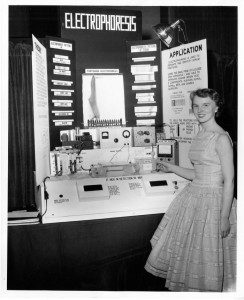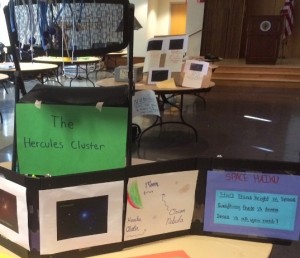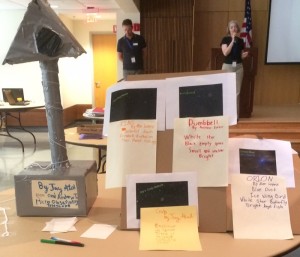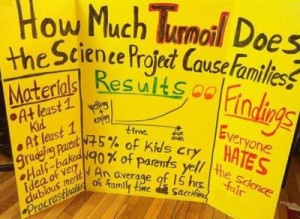Science fairs suck! — Year after year throughout the US, and around the world, when science fair season comes along, I hear these exact words from kids, parents and teachers. I probably hear these sorts of things more than most people, because I served as leader of one of the oldest science fairs — if not the oldest state fair in the country — for well over a decade. Not to mention, I held (and probably still hold) the record for first place science fair wins in Massachusetts, and likely one of the top in the country.
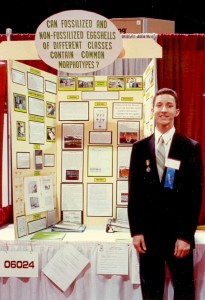
Barnas Monteith was a two-time Grand Award winner in high school at the International Science and Engineering Fair.
I’ve judged and spoken at national fairs in numerous countries, and have written a few books on the topic. Four of my business partners are people I’ve met through science fairs, and I continue to be involved decades after my first science fair in middle school. I’ve pretty much been doing science fairs my whole life (among other science & engineering related things), and I hope you find my point of view valuable.
In my travels around the world to different science fairs, I can’t even count how many times I’ve heard some variation of the following:
- Science fairs wreak havoc on families and living room floors. All that rushing around at the last minute, buying materials and making a giant mess. It’s expensive and it’s not really part of school. How can this be educational?
- It’s impossible for kids to come up with ideas for science fairs on their own when their life experiences are so short; and, how are they expected to commit to that single project idea for 3 or possibly 6 months?
- Most top-winning science fairs are done by wealthy, academic parents. Everybody knows this. How can regular kids have any chance at winning something?
- How can a science fair be “fair” when there are kids from so many different backgrounds, and different income levels? There’s no way that my kid, from a poor town, could afford all the supplies and equipment to compete against the kids from the rich towns, who seem to win every year.

